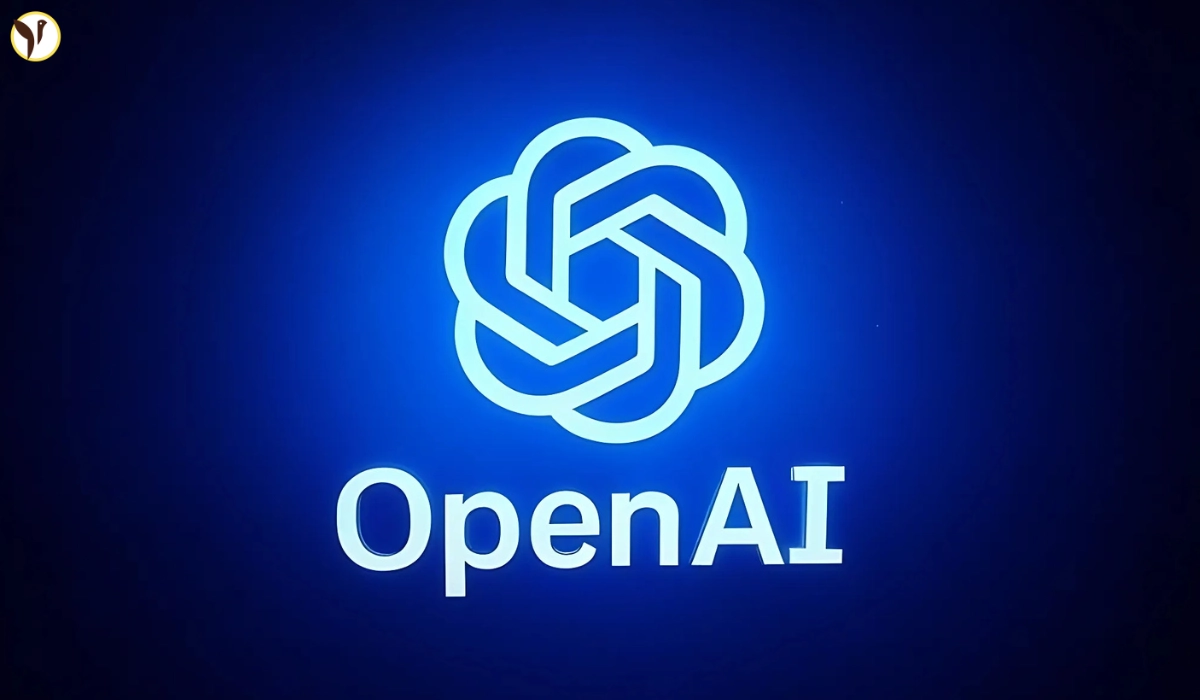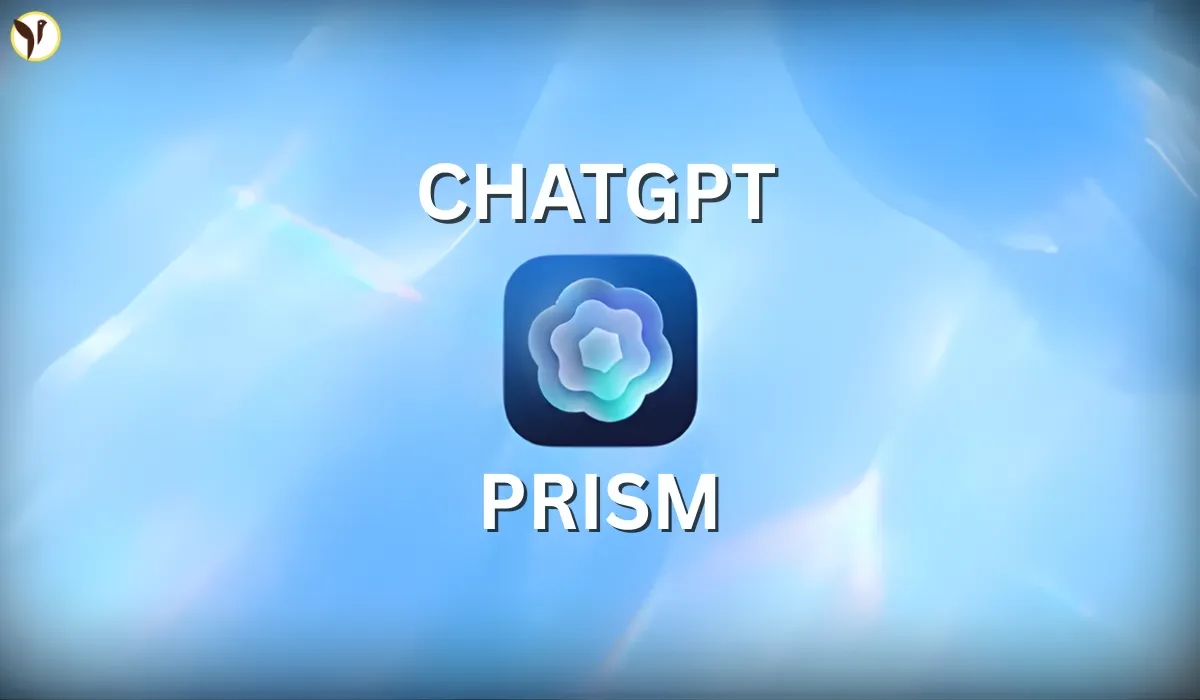Welcome to the age of AI agents! In 2025, OpenAI's ChatGPT Agents are changing how people interact with artificial intelligence. These autonomous AI entities are not just chatbots — they’re intelligent assistants that can carry out multi-step tasks, remember instructions, use tools, and adapt to complex workflows.
Whether you're a creator, coder, business owner, or student, ChatGPT Agents are becoming the backbone of digital productivity. Here's everything you need to know about them.
What Are ChatGPT Agents and How Do They Work?
ChatGPT Agents are personalized AI entities that act based on specific instructions, memory, and goal-oriented workflows. Think of them as virtual employees who can handle tasks like:
-
Researching and summarizing information
-
Managing content workflows
-
Automating customer support
-
Writing code or reports
-
Using tools like Python, browsing, DALL·E, etc.
These agents have long-term memory, can operate independently, and adapt based on outcomes.
How to Build and Customize Your Own GPT Agent
You can easily create your own GPT Agent inside OpenAI's ChatGPT interface (Pro users):
-
Go to Explore GPTs
-
Click Create a GPT
-
Enter your agent’s purpose, instructions, tone, tools, and upload files if needed
-
Assign tools: Browsing, DALL·E, Python (code interpreter), or file upload
-
Save and test your agent
You can make agents for:
-
SEO research
-
Email summarization
-
Market research
-
Coding assistance
ChatGPT agent’s capabilities are reflected in its state-of-the-art performance on academic and real-world task evaluations, like data modeling, spreadsheet editing, and investment banking. pic.twitter.com/t52TvkjhwF
— OpenAI (@OpenAI) July 17, 2025
ChatGPT Agents vs Regular ChatGPT: Key Differences
| Task Execution | Single-turn | Multi-step |
| Memory | Short-term | Persistent |
| Custom Instructions | Limited | Fully customizable |
| Tool Access | Limited/manual | Auto-enabled tools |
| Automation | Minimal | High-level |
GPT Agents are like interns-turned-experts: they evolve, learn, and improve over time with real instructions.
Use Cases of GPT Agents in Real Life (2025)
GPT Agents are already transforming industries. Real-world uses include:
-
Entrepreneurs: Automating newsletter creation, content repurposing, social media posting
-
Students: Research assistants that write essays or explain topics
-
Coders: Debugging code, generating scripts, creating APIs
-
Marketers: Keyword research, copywriting, competitor analysis
-
Businesses: Chatbot support, internal document search agents
Automation: What Tasks Can GPT Agents Fully Automate?
With the right instructions, GPT Agents can automate:
-
Writing and publishing blogs
-
Auto-generating YouTube video scripts
-
Summarizing daily emails
-
Creating invoices from spreadsheets
-
Pulling data from websites and formatting reports
They can even auto-update Notion, Google Sheets, or Trello with the right integrations.
Performance & Limitations of GPT Agents
While powerful, GPT Agents aren’t perfect. Here’s a quick breakdown:
Pros:
-
Handles complex, multi-step tasks
-
Remembers preferences
-
Can use tools and integrate with workflows
Limitations:
-
Can get “stuck” in loops or freeze during tool switching
-
Sometimes hallucinate facts
-
Need testing and refining for advanced workflows
They’re improving quickly — but still work best with regular monitoring.
Monetizing GPT Agents: Passive Income Ideas
Many people are turning agents into money-making machines. Ideas include:
-
Selling prebuilt GPT agents on marketplaces
-
Using agents to run freelance services like email writing or coding
-
Building micro-SaaS tools using Langchain or Flowise and GPT APIs
-
Affiliate marketing through AI-written content
Even students are making side income by training agents to summarize classes or generate notes for others.
Best Platforms for Running Custom AI Agents in 2025
Apart from OpenAI, here are some great tools for advanced AI agents:
-
AutoGPT & BabyAGI: Run autonomous agents locally
-
Langchain: For building agent workflows with memory and toolchains
-
Flowise AI: No-code visual builder for agent workflows
-
ReAct Pattern: Used in open-source LLM agents for reasoning + action
-
Hugging Face Transformers Agents: For developers using open-source LLMs
These platforms help developers and non-techies create agents that rival human virtual assistants.
Final Thoughts
ChatGPT Agents mark a shift from reactive AI to proactive AI. With memory, goals, and tool usage, they can operate more like digital employees than just assistants.
In 2025, anyone — even non-coders — can build and deploy a GPT Agent that automates tasks, solves problems, and saves time. Whether you're running a YouTube channel, freelancing, managing a team, or studying — AI agents can help you scale like never before.
The future isn’t just AI-powered — it’s agent-powered.









